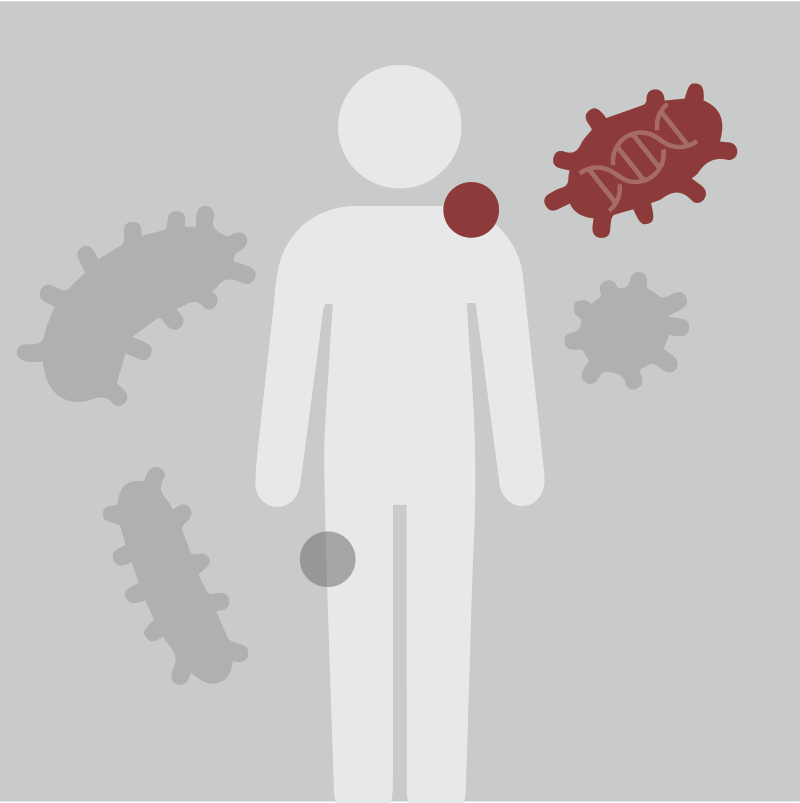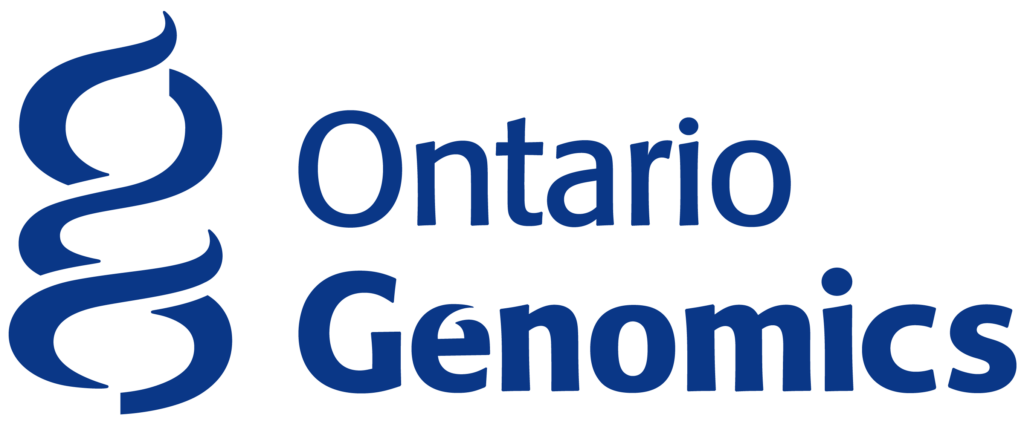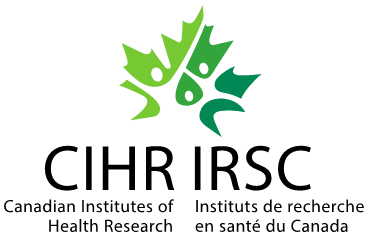
Microbes are everywhere and the study of microbiomes to elucidate the impact of microbes in various ecosystems has become a multidisciplinary science involving microbiology, statistics, computer science, and molecular biology. Microbiomics, the study of microbes without first culturing and isolating the organisms, has become the principal approach to exploring the diversity, function and ecology of microbial communities. The CBW has developed a 2-day course providing an introduction to marker-gene analysis with hands-on practical tutorials for each session to demonstrate the use of relevant bioinformatics and statistical tools. Modules will consist of lectures covering both theoretical and practical components followed by hands-on bioinformatic tutorials guided by instructors and teaching assistants.
Note: this workshop can be taken with or without our Beginner Microbiome Analysis workshop. The workshops are in the same location and set with one day in between.
Participants will gain practical experience and skills to be able to:
- Understand the advantages and limitations of marker gene data analysis
- Devise an appropriate bioinformatics workflow for processing and analyzing microbiome marker-gene sequence data
- Apply appropriate statistics to undertake rigorous data analysis
Graduates, postgraduates, staff bioinformaticians and PIs working with or about to embark on analysis of marker genes from microbiome-focused experiments.
No previous scripting experience is necessary.
You will require your own laptop computer. Minimum requirements: 1024×768 screen resolution, 2.4GHz CPU, 8GB RAM, 100GB free disk space, recent versions of Windows, Mac OS X or Linux (Most computers purchased in the past 3-4 years likely meet these requirements).
This workshop requires participants to complete pre-workshop tasks and readings.
Module 1: Introduction to sequencing data analysis
- Overview of workshop
- Introduction to Unix, command line, cloud computing and basic quality control of data
Lab practical
- Introduction to Unix
- Introduction to cloud computing (AWS)
- How to install packages in a Unix command line
- Quality control of sequencing data (examining fasta/fastq files) in a Unix command line
Module 2: Marker gene profiling
- Overview of amplicon sequencing: pros & cons
- Popular amplicon targets (e.g. 16S, 18S, and ITS)
- Outline of key steps in a 16S/18S/ITS bioinformatic analysis
- Description of major bioinformatic packages with a particular focus on QIIME2
Lab practical
- Your choice of 16S/18S/ITS analysis workflow using QIIME2 in a Unix command line: initial importing of reads, denoising and ASV generation, taxonomy assignment, filtering of potential contaminants
Module 3: Microbiome statistics and visualizations
- Overview of microbial ecology metrics (alpha + beta diversity)
- Challenges with microbiome data and compositionality
- Relative vs absolute abundance
Lab practical
- Calculating alpha and beta diversity metrics in QIIME2
- Visualization of sample results using QIIME2
- Calculation of statistically significant differences between groups using QIIME2
Module 4: Functional prediction and additional analyses
- Functional prediction with PICRUSt2
- How to analyze functional prediction data
- Challenges with different differential abundance methods and ways to overcome these
- Co-occurrence networks
Lab practical
- Running PICRUSt2 in Unix command line
- Running differential abundance tests (e.g. ANCOM-II, MaAsLin2, ALDEx2, etc.) in R
- Constructing and visualizing a co-occurrence network
Duration: 2 days
Start: May 26, 2025
End: May 27, 2025
Status: Registration Closed
Workshop Ended

Canadian Bioinformatics Workshops promotes open access. Past workshop content is available under a Creative Commons License.
Posted on:
 Download the poster announcing this workshop
Download the poster announcing this workshop



